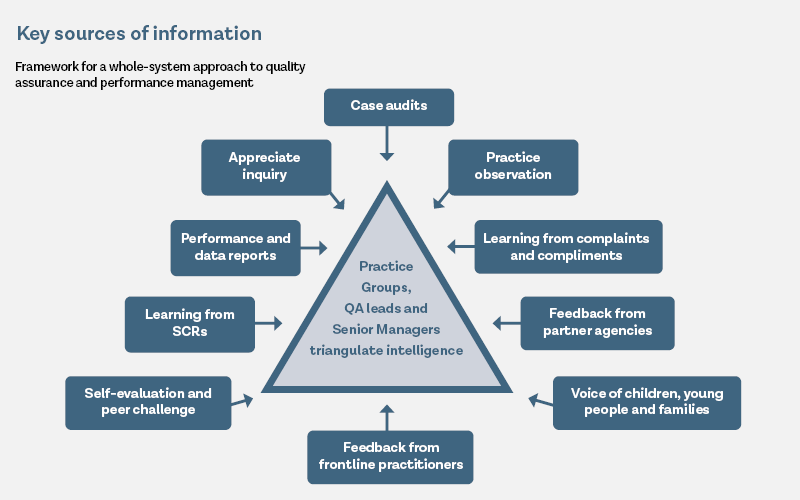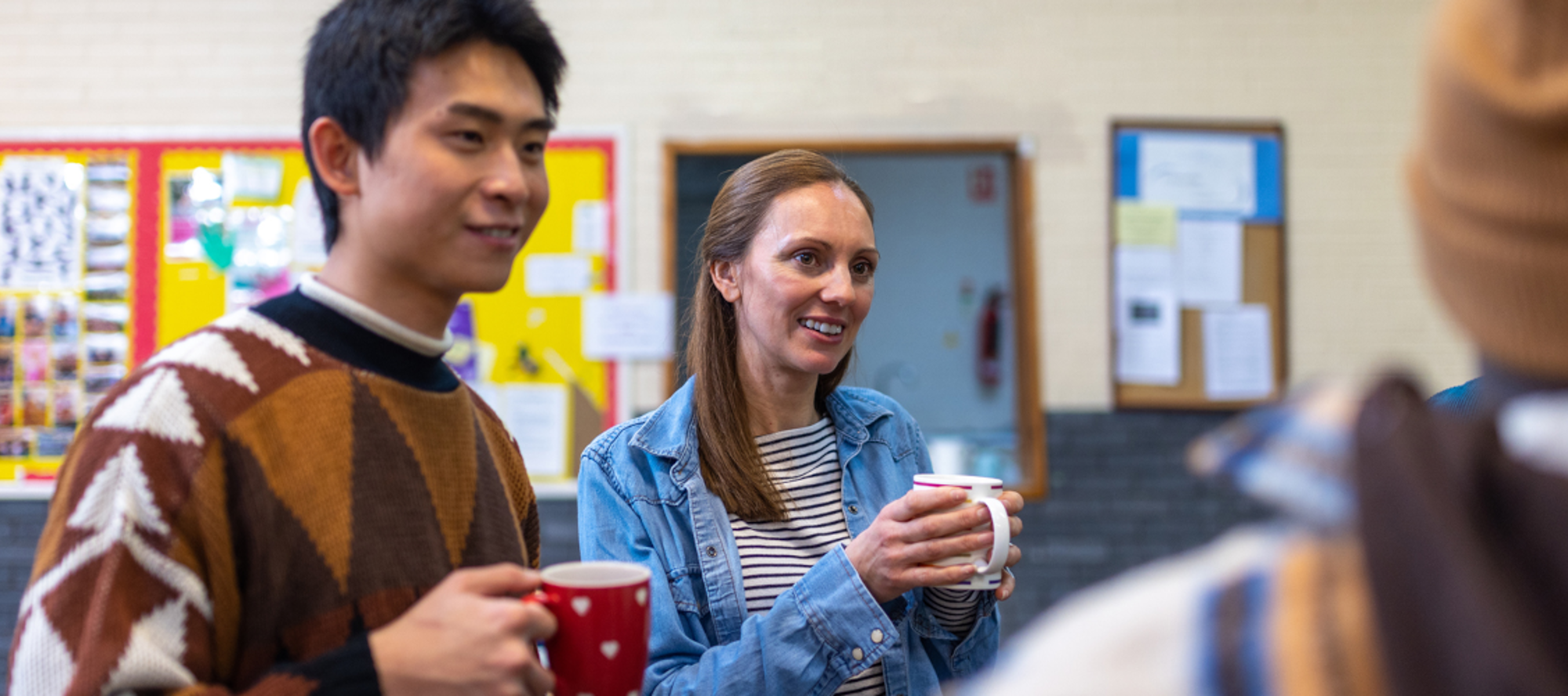How can co-production support more efficient and effective ways of working? Open access resources explore innovative ways to provide care and support for people.
The resources are included in an Evidence Review. The review has been co-produced by Research in Practice and Social Care Future. Groups of people with different experiences worked together to discuss issues that are important to them and outline the five key changes needed in social care to unlock an equal life.
The chapter considers the ways we can reduce waste and improve efficiency, and provides useful insights into ways we can develop innovative solutions in key areas of social care practice.
Making best use of resources
Experiencing waste and inefficiencies in health and social care services can be frustrating. Person-centred practice and personalisation have been cited as ways to increase the efficiency of resources in social care, however, this is not a silver bullet, particularly considering the limited budgets in adult social care.
Improving efficiency can be linked at virtually every stage with devolving power, co-production, and shared decision-making. Ask people what they want and improve communication.
Partnership working is important to ensure people do not fall through the cracks when transitioning between services. Research has shown that recognition of complexity, clear information and planning, discussion of routines and a realistic understanding of people’s capacity for self-care are all key components of efficient, successful transitions.
Social workers are working under increased pressure. Evidence suggests that factors including overwork, ethical stress, empathetic distress, and moral injury are likely to be contributing to current workforce issues in adult social work. In September 2022, a report found that 11.6% of social work posts in local authorities’ adult services were vacant, with turnover standing at 17.1%.
Effective working with co-production, legal literacy and technology
Co-production can help reduce inappropriate and wasteful interventions, since co-produced services come from the genuine voice of lived experience. However, if co-production is not clearly and realistically defined, there is a danger that its meaning is diluted, and its potential to transform services is reduced.
In the video below, Kadie Chapman reflects on the importance of co-production:
Adopting new technology can make some people feel uncomfortable, however, assistive technologies can offer opportunities in terms of flexibility, choice, reduction of stigma, efficiency, and autonomy. Voice assistants can support disabled people with a range of tasks, from being able to turn the television on without asking someone else, to reminders of medication.
It’s vital for those in adult social care to be able to clearly communicate with individuals about their legal rights under the Care Act 2014. It’s argued that the Care Act 2014 is not only a legal requirement, but also one of the key factors to embedding a more person-centred approach to care and support. It is therefore helpful to think of legal literacy and person-centred practice as complementary to one another.
When thinking about positive person-centred work, it’s important to recognise and reward family and informal carers fairly. Research shows that 44% of working-age adults who are caring for 35 hours or more a week are living in poverty, with one in six of all carers currently in debt – something which increases to two in five of all carers on Carer’s Allowance.
Using accountability and quality assurance
Accountability, auditing and quality assurance are key components in ensuring resources are used as well as they could be. Quality assurance often measures service delivery process - the ‘what’ something is spent on, rather than quality of life outcomes for the people who use services. The following diagram outlines some of the sources of information that might be included when considering quality assurance and auditing:

(Adapted from Bowyer et al., 2018)
To reduce waste, it’s important to consider short term actions and longer term goals and outcomes. Preventative work can support better use of resources; however, research has found that the Care Act’s focus on prevention has only been partially successfully implemented, this is due to several factors, including reductions in staff headcount.
Leadership and organisational culture are key to ensuring that resources are 'better used'. It’s argued that culture in organisations is led by, or at least heavily influenced by, the leadership in that organisation. Embedding a culture of openness and trust generates goodwill, listening, and respect – and can lead to better use of resources, and more positive outcomes for everyone.
An open access event on 22 March will provide an opportunity to hear key messages from the Evidence Review.
The online event, taking place as part of Social Work Week 2024, will bring together some of the people involved in the project to reflect on their experiences of co-production, and to share learning and insights around the enablers and challenges to effective co-production.
Sharing your changes
This article is part of a series on a new Evidence Review. Everyone is encouraged to find action points in the review that are relevant to them and consider how they can be achieved.
Research in Practice would like to hear from those who use the Evidence Review. In the spirit of co-production, you could contact us jointly with someone with care and support needs. We would be keen to feature your stories in podcasts and blogs.


